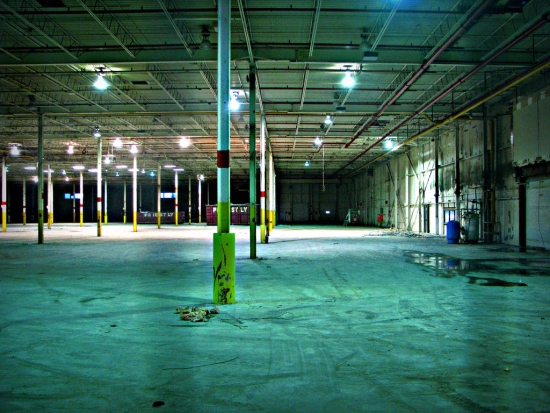A spate of contradictory High Court rulings regarding business rates liability is causing confusion for local authorities, landlords and tenants according to law firm Pinsent Masons.

Is this property empty or occupied?
The claim comes following the ruling allowing a landlord of an industrial property to claim empty property rates relief for six months after the building became vacant. This is despite the fact that the previous tenant had never occupied the property other than installing a Bluetooth transmitter.
This follows a similar ruling last year, involving Makro, where it was decided that, even if a tenant occupies only a fraction of a commercial property, this is classed as ‘rateable occupation’ when the tenant vacates the premises, allowing the landlord to benefit from empty property rates relief.
However these examples are in stark contrast to a third case involving a charitable trust. In this instance the High Court ruled that, in order to be eligible for charity business rates relief, the tenant must make ‘extensive use of the property for charitable purposes’ as opposed to leaving large parts of it unused.
In the case of the industrial property, the landlord had leased the premises to the tenant for a nominal rent for a period of just 43 days. During this time the tenant installed the small Bluetooth device which transmitted marketing messages and public safety advice to other devices within a range of 20 metres.
The local authority disputed the landlord’s claim that this constituted occupation and ruled that he was not entitled to empty property rates relief. Yet a magistrate’s court agreed with the landlord that, even though the property had not been used as a warehouse, it had been used for ‘beneficial commercial means’ and this was upheld by the High Court.
This is despite the fact that a separate High Court ruling states that the installation of transmitters in empty commercial properties ‘could not be classed as occupation’ for the purposes of claiming charity business rates relief.
Stuart McCann, of Pinsent Masons, told Out-Law.com that; “The cases put together are mere examples of how the different interpretations placed by the courts on the relevant legislation are causing difficulties for billing authorities and ratepayers alike in assessing liability for business rates.”
Previous Post
Sunshine Brings Relief for High Street Retailers